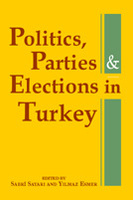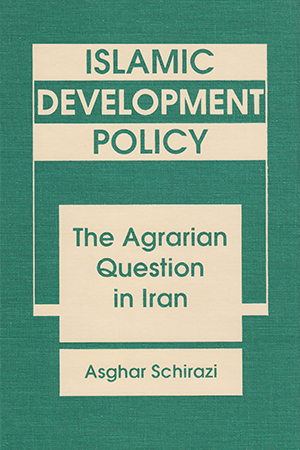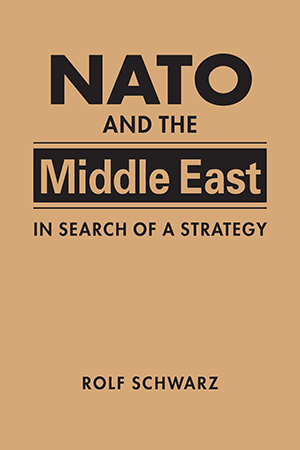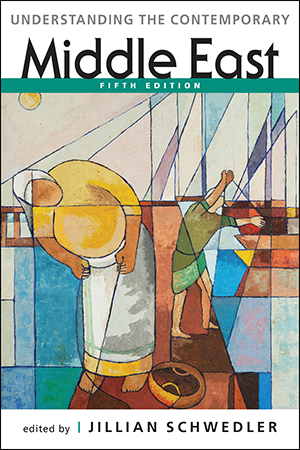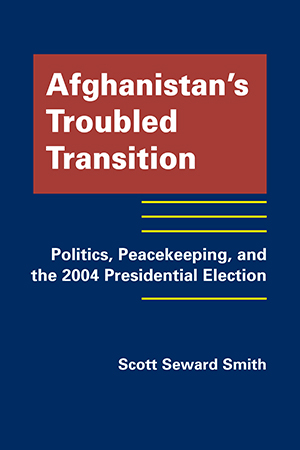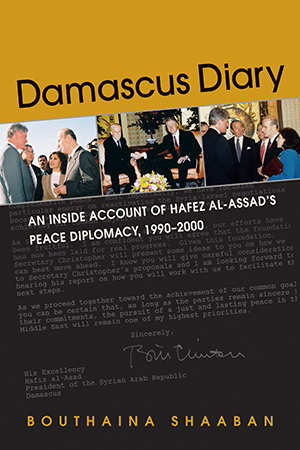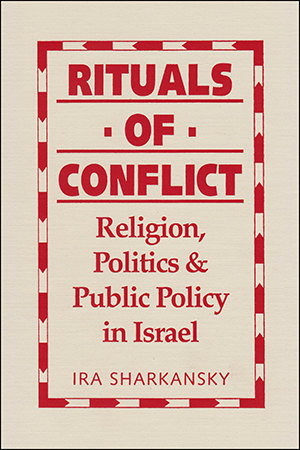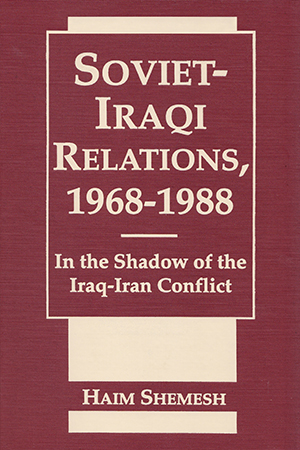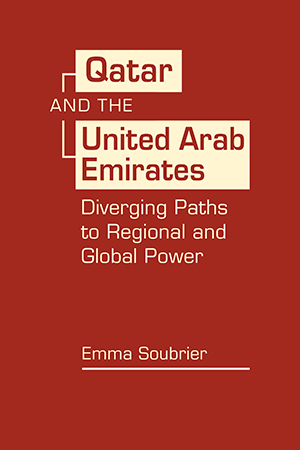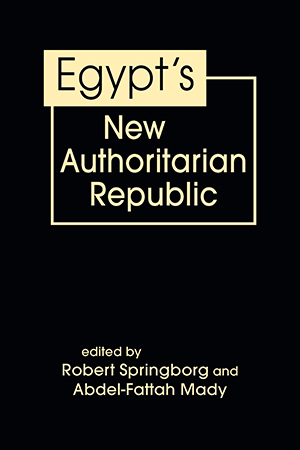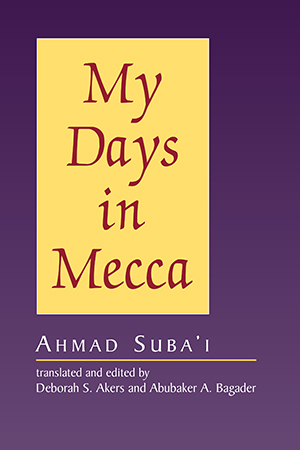Middle East
Choice Outstanding Academic Book! The role of gender in the Middle East and North Africa is widely discussed—but often little understood. Seeking to close that gap, the authors of More >
After decades of US military assistance in the Middle East—providing expensive weapons systems and conducting military exercises—why are the military capabilities of US allies in More >
Salih's shocking and beautiful novel reveals much about the people on each side of a cultural divide. A brilliant Sudanese student takes his mix of anger and obsession with the West to More >
The Turkish party system has undergone significant changes since the 1940s, moving from a two-party system to one encompassing nineteen parties— and resulting in a highly fragmented More >
Schirazi uses agricultural policy to demonstrate the complications and consequences resulting from the Islamization of development policy in Iran. Refuting claims by Iran's religious More >
Over the course of more than seven decades, NATO has sought, but not settled on, an effective strategy for interacting with its neighbors in the Middle East and North Africa. Rolf Schwarz More >
The previous edition of Understanding the Contemporary Middle East was published soon after the Arab uprisings, and the authors—writing across disciplines—captured those moments More >
Scott Seward Smith focuses on Afghanistan's 2004 presidential election—the first popular election ever held there—as he explores the painstaking attempt by the United Nations More >
Spanning more than a century, this systematic study brings to the forefront a dazzling array of novels by Arab women writers. Bouthaina Shaaban's analysis ranges from the work of More >
Bouthaina Shaaban worked closely with Syria's president Hafez al-Assad from 1990 until the time of his death, serving as both official interpreter and adviser. Her new book, part memoir More >
An assassination, the election of a new prime minister, and a fresh round of Palestinian unrest have highlighted the ongoing tensions between religious and secular Israeli Jews. Among the More >
From the beginning of the Ba'th regime in 1968 to the end of the Iran-Iraq war in 1988, Iraq was an important ally of the Soviet Union in the Middle East. Haim Shemesh explores the More >
In the years following the turmoil of the Arab Spring, Qatar and the United Arab Emirates jockeyed for power, becoming significant forces—and rivals—in regional politics. Emma More >
Egyptian President Abd al Fattah el-Sisi has sought to create a "New Republic," a stronger, more authoritarian state capable of positively transforming Egypt's polity, economy, More >
Ahmad Suba'i's autobiography is the story not only of an Arab boy growing up in Saudi Arabia at the turn of the twentieth century—to become a noted writer, educator, and social More >



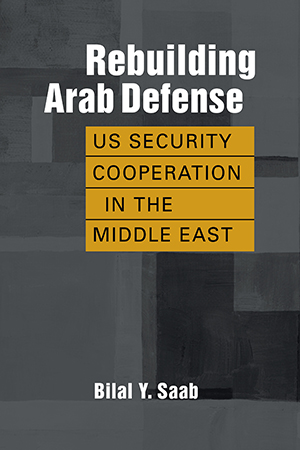
![Season of Migration to the North [a novel]](/uploads/6706bb1de781f.jpg)
